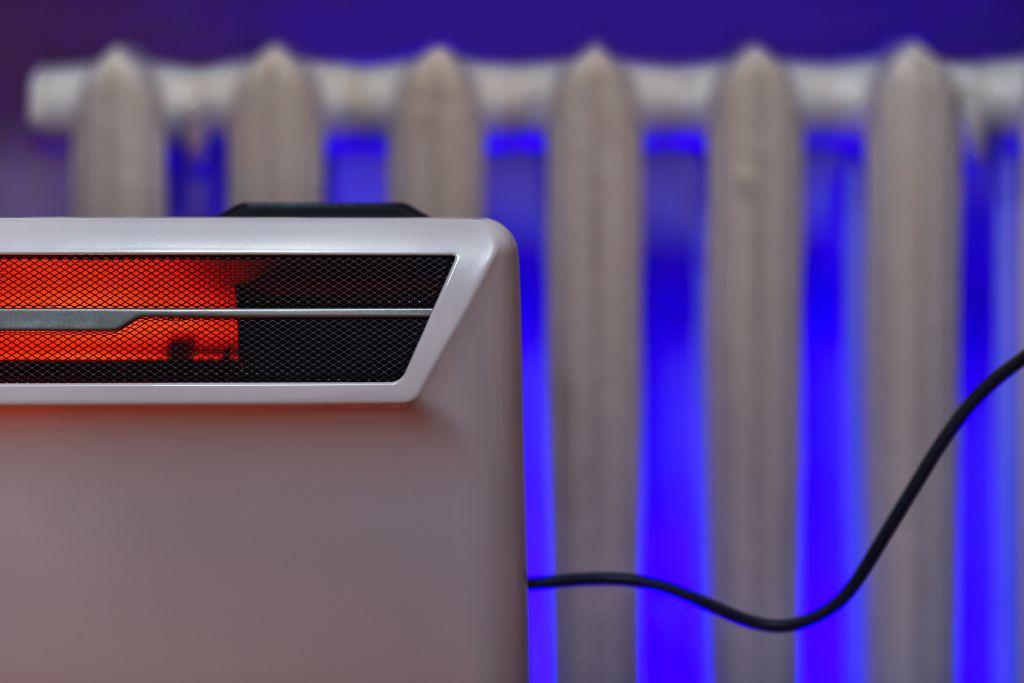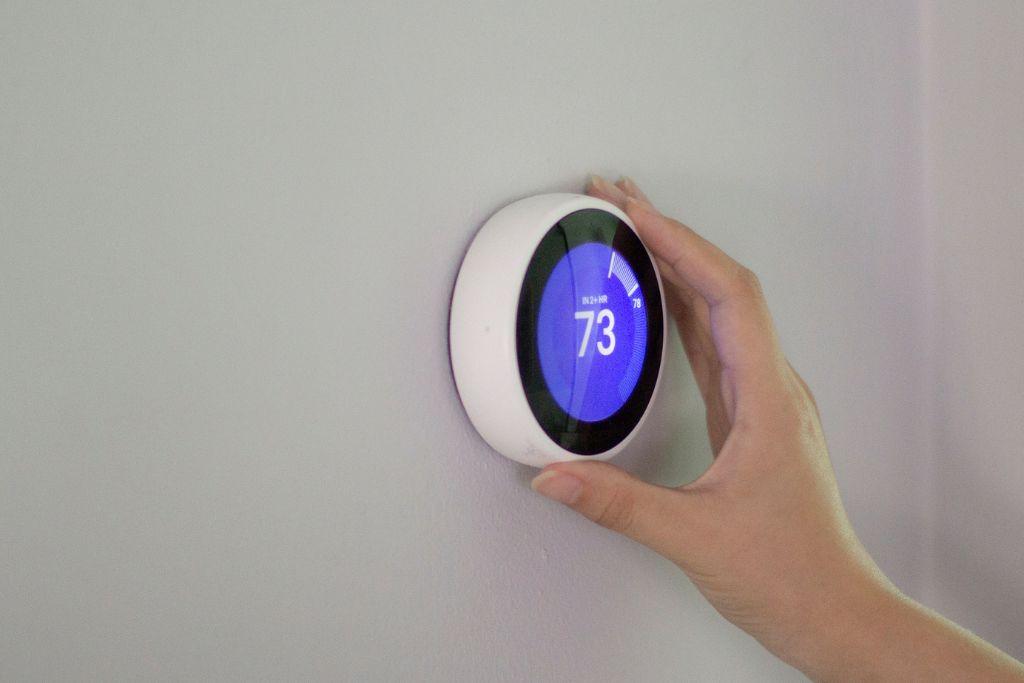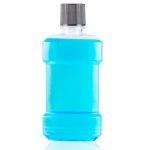Reviews
User Score
Rate This
Descriptions:
If you want to get a good night’s sleep, you should consider the temperature of your bed. The right temperature can help you sleep better, relax, and feel more rested. It is important that you get the right sleep temperature to achieve the best quality of sleep. There are a few main ways to find your optimal sleep temperature: by using a bed thermometer, by monitoring your body’s natural heat production (i.e., core body temperature), or by measuring the room’s air conditioning unit’s cooling ability. So, how do you determine what’s the best temperature for you?
Warmth vs coolness
There are many factors that affect sleep, but the temperature of your bedroom plays a big part in whether you get a good night’s rest. Optimal temperature is often a matter of personal preference, and it can vary from one person to the next. But here are some tips to help you find your ideal sleeping temperature.
One of the biggest reasons people don’t get a good night’s sleep is that their room is too cold. The ideal temperature for sleep is between 60 and 70 degrees. You should also avoid sleeping in sweat.

If you do want to use a heated blanket to keep you warm during the winter, make sure you follow the manufacturer’s instructions. And try out different thermostat settings to see which is best.
Using a fan is another way to help keep your room cool. Getting enough coverage is also an important factor. Some studies have shown that the more you cover yourself, the better you sleep.
Heat vs cold
If you’ve been struggling to fall asleep, you might be wondering how the temperature of your bed affects your ability to get sleep. While it’s important to find your optimal sleep temperature, you should also be aware of other factors that can impact your quality of sleep.
According to scientists, your body’s core temperature naturally decreases during sleep. This reduces wakefulness and fatigue and helps you get a better night’s rest. However, if your core temperature is too high, your brain’s suprachiasmatic nucleus will send your body signals to be awake, leading to a less-than-ideal sleep experience.

The best temperature for sleeping is between 60 and 67 degrees Fahrenheit. You should experiment with different thermostat settings to see what works best for you.
In general, adults have slightly higher ideal temperatures than babies and very young children. But it’s important to remember that your clothing plays a role in how you achieve a cooler sleep. Wear breathable socks to bring blood to the surface of your skin and help your body reach its proper temperature.
Sunlight vs heat
The best way to judge the best temperature to sleep in is by looking at what your body is telling you. For example, your heart rate is lower when your body has a restful night’s sleep. Keeping this in mind, it’s not surprising that you’ll get a better night’s sleep in a cooler bedroom. You can achieve this by covering your windows with curtains or blinds.
Optimally, you should also consider limiting your bedding to a comfortable lightweight. It’s no secret that the human body can only handle so many pounds of pressure. In the same manner, reducing the number of items in your room will keep you warm. Of course, you should make sure you keep your feet out of the covers as well.

While you’re at it, it’s a good idea to keep the bathroom free of clutter so you can take advantage of the tub’s cooling effect when it’s time to slumber. Taking a short shower before bed will also help you drop those pesky pounds.
Creating the ideal environment in your bedroom
If you’re having trouble sleeping, you may have a problem with your bedroom temperature. This can make it difficult to get a good night’s sleep, which can lead to a number of health issues. However, there are ways to adjust the temperature in your bedroom to help you sleep better.
The best temperature for your bedroom is between 60 and 71.6 degrees Fahrenheit. This is the range recommended by many experts. It’s the temperature at which your body expends the least amount of energy, which allows you to fall asleep quickly.

Another factor that affects the quality of your sleep is the light in your room. This includes the lights from your TV, computer, and alarm clock. You should dim your lights before you go to bed to avoid disrupting your sleep.
A dark room can help you achieve deeper sleep. Alternatively, you can cover your windows to prevent sunlight from entering the room. There are blackout blinds and curtains that can help you accomplish this.









